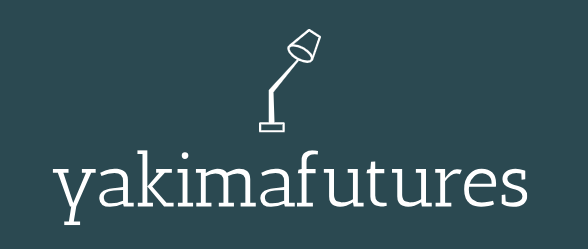Erosion of Press Freedom in Authoritarian Regimes
Authoritarian regimes across the globe continue to employ increasingly sophisticated methods to suppress independent journalism. From outright bans on critical media outlets to the use of targeted harassment, intimidation, and violence against journalists, the environment for free reporting is deteriorating rapidly. Many governments utilize vague laws, such as those concerning national security or defamation, to stifle dissent and silence investigative reporting that exposes corruption or human rights abuses. The imprisonment of journalists for their work has become a commonplace occurrence, often without due process or fair trial.
The Rise of Digital Authoritarianism and Online Censorship
The digital realm, once hailed as a bastion of free speech, is increasingly becoming a battleground for control over information. Governments and authoritarian actors are leveraging sophisticated technologies to monitor online activity, censor dissenting voices, and spread disinformation campaigns. This includes widespread surveillance, blocking websites and social media platforms, and the deployment of sophisticated cyberattacks targeting news organizations and individual journalists. The spread of “deepfakes” and other forms of manipulated media also poses a significant threat to trust in legitimate journalism.
The Chilling Effect on Investigative Journalism
The escalating threats against journalists have a profound chilling effect on investigative reporting. Fear of reprisal, both physical and legal, discourages journalists from pursuing crucial stories that expose wrongdoing. Self-censorship becomes prevalent, as reporters weigh the risks of uncovering sensitive information against the potential consequences. This results in a significant loss of transparency and accountability, allowing corruption and abuses of power to flourish unchecked.
The Impact on Public Discourse and Democracy
The erosion of press freedom has a direct and devastating impact on public discourse and democratic processes. A free and independent press is essential for a healthy democracy; it acts as a watchdog, holding those in power accountable and informing the public about important issues. When this vital role is compromised, citizens are deprived of the information they need to make informed decisions, and the space for constructive debate shrinks. This can lead to a decline in civic engagement and ultimately undermine democratic institutions.
The Role of International Organizations and Civil Society
International organizations, such as the United Nations and Reporters Without Borders, play a crucial role in monitoring press freedom globally and advocating for the protection of journalists. These organizations release reports documenting violations, raising awareness about the challenges faced by journalists, and calling for accountability. Civil society groups, including media advocacy organizations and human rights defenders, also play a critical role in providing support to journalists, defending their rights, and promoting freedom of expression.
The Importance of Protecting Journalists and Promoting Media Literacy
Protecting journalists and promoting media literacy are essential for safeguarding press freedom. This requires a multi-faceted approach, including strengthening legal frameworks to protect journalists from harassment and violence, improving safety training for reporters, and fostering a culture of respect for the role of a free press. Promoting media literacy is crucial to enable citizens to critically evaluate information and distinguish between credible news and disinformation. It’s vital to encourage responsible reporting and ethical journalism practices to build trust and resilience within the media landscape.
Challenges and Opportunities in the Digital Age
The digital age presents both significant challenges and opportunities for press freedom. While the internet has expanded access to information and facilitated citizen journalism, it has also created new avenues for censorship, surveillance, and disinformation. The challenge lies in harnessing the power of the internet for good while mitigating its risks. This requires a collaborative effort between governments, media organizations, civil society, and technology companies to develop effective strategies to protect press freedom in the digital sphere.
The Fight for Press Freedom Continues
The fight for press freedom is an ongoing battle, requiring constant vigilance and unwavering commitment. It is crucial for individuals, organizations, and governments worldwide to stand up for the rights of journalists and defend the principles of a free and independent press. The future of democracy depends on it. Visit here about Freedom of press


